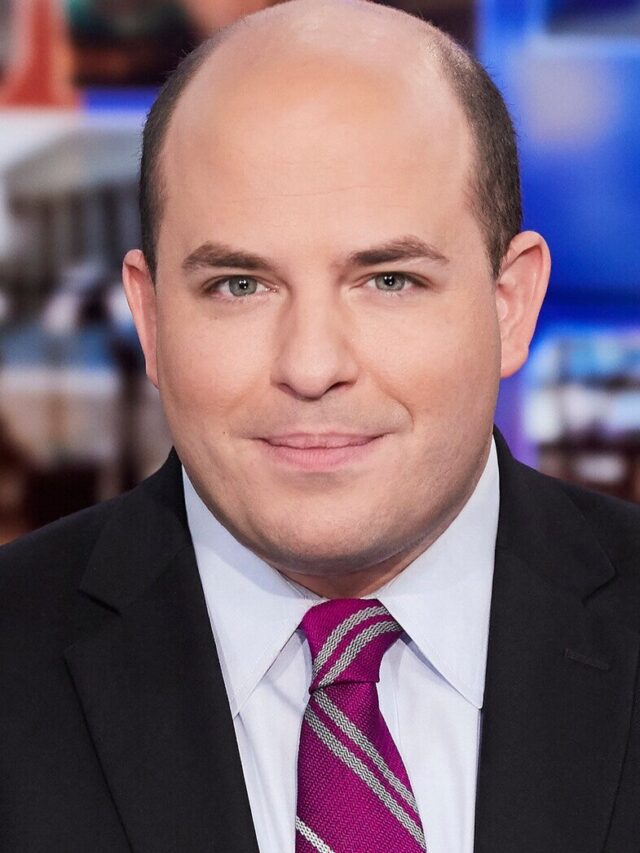Richard Engel, NBC News Correspondent, Announces The Death Of His 6-year-old Son With Rett Syndrome
NBC News chief foreign correspondent, Richard Engel, shared the sad news on Thursday that his 6-year-old son Henry had passed away.
Throughout Engel and his wife’s relationship, they have been open about the child’s struggle with a rare genetic disorder.
It is with great sadness that we announce the passing of our beloved son Henry on Twitter,” Engel wrote. “He had the softest blue eyes, an easy smile, and a contagious giggle.
We always surrounded him with love and he returned it, and so much more,” Engel continues.
Richard Engel, NBC News Correspondent, Announces The Death Of His 6-year-old Son With Rett Syndrome
According to the Texas Children’s Hospital website, Henry, who was born in September of 2015, was only a few months old when his parents first noticed that he had not reached developmental milestones as a child, according to a tribute to Henry on the website.
As a result of a genetic test, doctors were able to determine that he had a mutation in the MECP2 gene.
It is believed that this mutation causes Rett syndrome, “a disorder that typically affects girls after their first birthday, robbing them of learned skills, and causing them to develop cognitive deficits, loss of speech, and numerous motor difficulties,” the hospital stated.
Henry had been treated at the Duncan Neurological Research Institute at Texas Children’s Hospital since the beginning of 2018.
According to Dr. Huda Zoghbi, a researcher at the institute who studied Henry’s mutation, he is “special in so many ways.”
It was his loving and endearing smile, and the way in which he connected with his eyes, that stole my heart from the first time I met him,” Zoghbi said in a statement.
His quiet battle against this terrible disease was incredible. What is most remarkable, however, is that Henry had such a profound influence on so many of us at Duncan NRI and on our Rett research that we will continue to make every effort to find new treatments for Rett. This is how we will honor his life.
In another tweet on Thursday, Richard Engel said: “Researchers are making amazing progress using Henry’s cells to help cure RETT Syndrome so that others won’t have to suffer from this horrible disease.
Richard Engel has shared updates on Henry over the years, and he has written essays about both the joys and the heartbreaks that the family has experienced over the years.
It was in a subsequent essay that Richard Engel shared that he “finally got a ‘Dada'” when his son called him that.
The reward was a long time coming, which made it all the sweeter – an unexpected reward,” he wrote in his letter.
Richard Engel had tweeted a video of Henry at the end of May, writing that the situation with Henry had “taken a turn for the worse” since the end of May.
As his condition progressed, he developed dystonia, which is a condition in which there is uncontrolled shaking or stiffness.
He was in the hospital for six weeks, but now he is back home and he is getting love from his big brother Theo.


